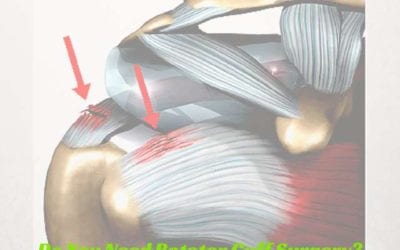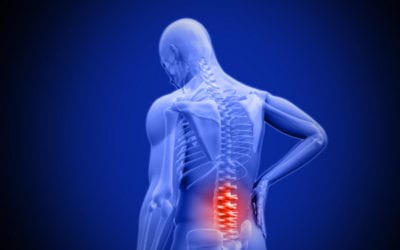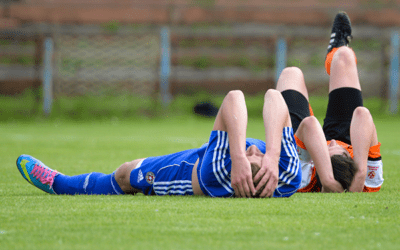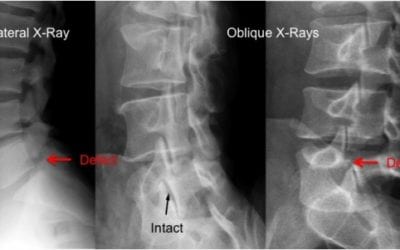Sport Related Injury
Do I Need Rotator Cuff Surgery ?
ou have been told you need rotator cuff surgery. Do you? Degenerative rotator cuff tears are very common. Many small degenerative rotator cuff tears will not require surgery. After 40, many people will have a rotator cuff tear and not even know it. You may wish to...
Disk Injury
Though it is a common cause of back pain in the adult population, disc injury is relatively uncommon in the young athletic population. Back pain from a disc injury may or may not be associated with sciatica (pain that shoots down the leg). A careful history and...
Return to Play
Before the athlete can return to regular athletic competition, several goals must be met. First, the athlete must be completely free of pain and weakness and must regain full range of motion of the neck. Second, the diagnostic tests such as the EMG and/or MRI should...
What is a Stinger?
A stinger is a sports related injury to the nerves about the neck or shoulder. It is sometimes called a burner or nerve pinch injury, but the term stinger is most descriptive of the symptoms that the athlete experiences including painful electrical sensations...
Spondylolysis & Spondylolisthesis
Defects of a vertebra’s pars interarticularis (spondylolysis) and the slippage of one vertebra in relation to another vertebra (spondylolisthesis) are common causes of back pain
Muscle Strains and Ligament Sprains
Muscle strains and Ligament sprains are the most common injuries that cause back pain in the young athlete. They can be caused by athletic overuse, improper body mechanics and technique, lack of proper conditioning, insufficient stretching, as well as trauma. The...
Treatment of Sports Injuries in the Young Athlete
Although not common, back and neck injuries can occur in young athletes who participate in sports. Though injuries that cause back pain are not the most common cause of injury in the young athlete, they can cause frustration. Most athletic injuries to the back are...
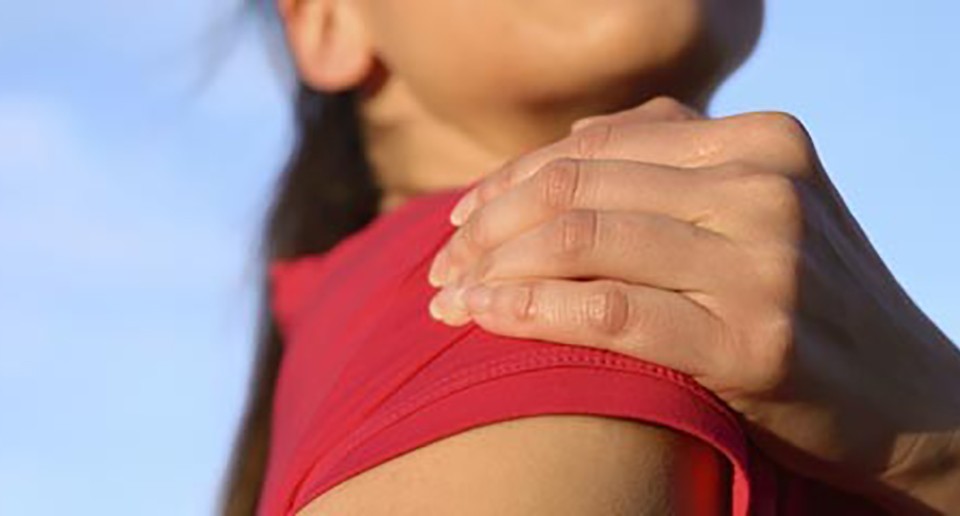
The most common sports injuries include
Sprains and strains
Knee injuries
Swollen muscles
Achilles tendon injuries
Pain along the shin bone
Rotator cuff injuries
Fractures
Dislocations
If you get hurt, stop playing. Continuing to play or exercise can cause more harm. Treatment often begins with the RICE (Rest, Ice, Compression, and Elevation) method to relieve pain, reduce swelling, and speed healing. Other possible treatments include pain relievers, keeping the injured area from moving, rehabilitation, and sometimes surgery.

